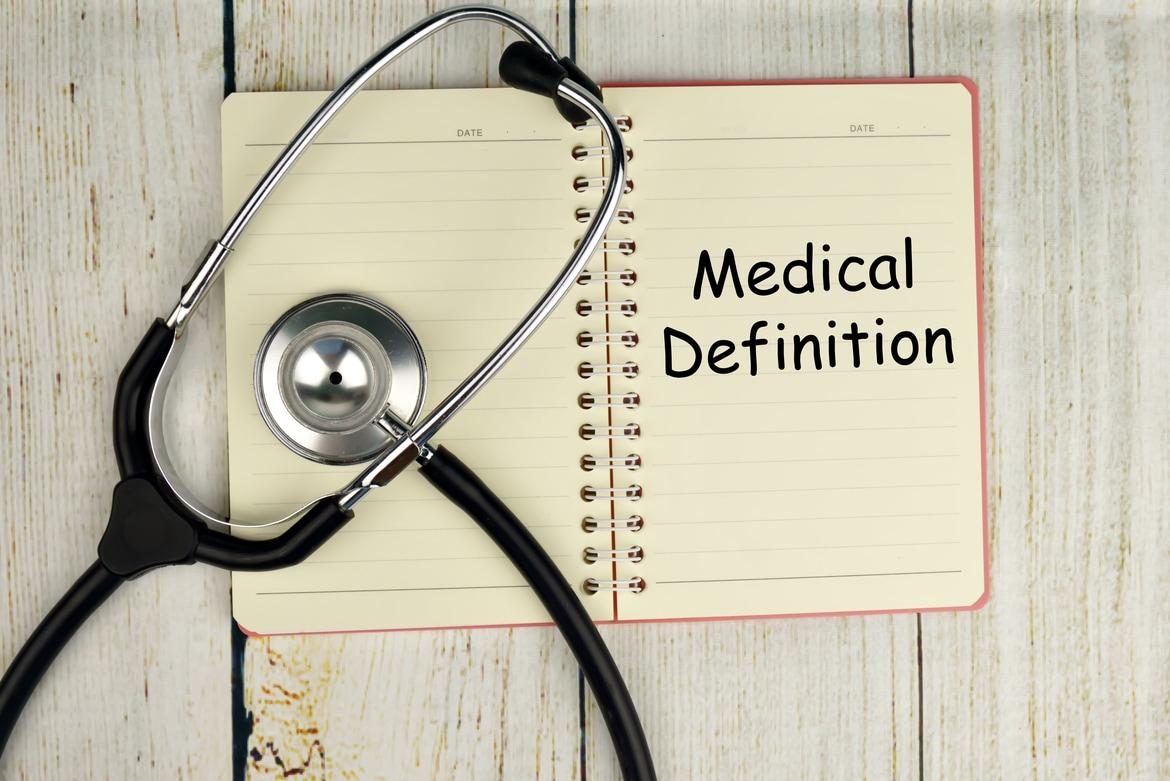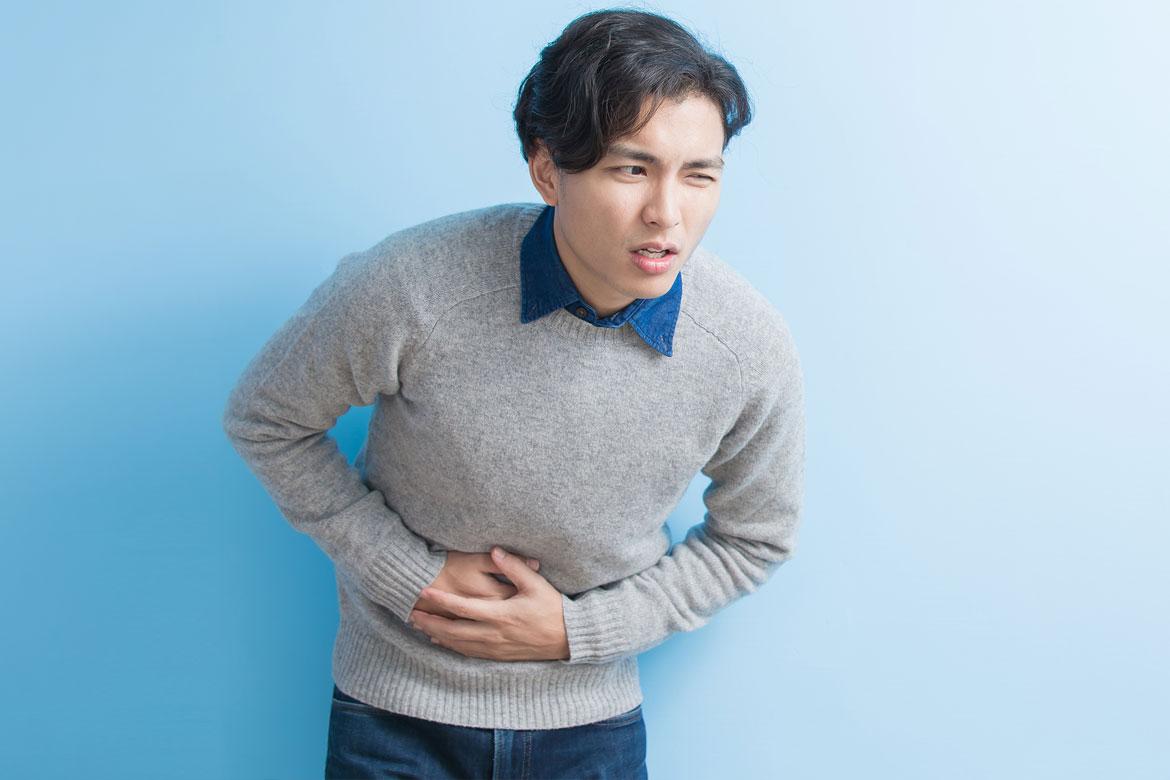Health Plus articles
The Pleasure and Pain of Mala Xiang Guo
Mala Xiang Guo – a food fad that many of us know and love. However, overindulgence can be bad for health in the long run – read on to find out why.
The Ultimate List of Common Medical Conditions
Is your doctor using words you don't understand? We decipher common but sometimes confusing medical jargon.
Gastric Pain, Stomach Flu & Food Poisoning: Treatment and Causes
Having an upset stomach is no fun. Treatments may vary, depending on the cause. Knowing whether you have gastric pain, stomach flu or food poisoning will help hasten your recovery.







